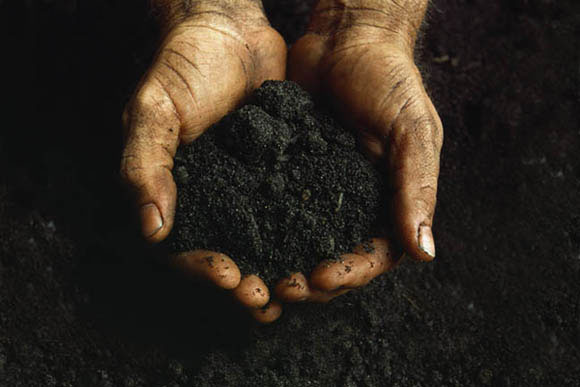
Waste must be treated as a resource. Everything that comes to the Lane County Commons will be either recycled, digested into energy, composted into soil, or leave the campus as it arrived.
Whole System Recycling
Overview:
We have reached such an extreme in our "throw away society" that simply finding space for all the garbage and left-over gadgetry we create is a dilemma of mythic proportions. Landfills, ocean dumping, garbage export, we are rapidly running out of places to put our refuse.
Waste management through source reduction and diversion are both the cheapest and the most powerful solutions. Diverting 75 to 85 percent of our waste can be achieved relatively easily simply by controlling inputs and thorough sorting and recycling. A zero waste program, that is, a one hundred percent diversion rate, is considerably more ambitious. The key to achieving zero waste at the Lane County Commons is a mindset; waste must be considered a resource.
Currently there is no unified or coordinated system of garbage collection or sorting at the fairgrounds site. Waste and recycling at the fairgrounds are contracted services and part of the site's operational costs. Collection is done piecemeal and contractors and services can change from one event to the next. One event may sort; another may not.
The purpose of the Whole System Recycling Program will be to unify and coordinate all waste and recycling at the Lane County Commons, turn waste streams into income streams, and educate event vendors and patrons about progressive waste management practices. The operational goal for the repaired fairgrounds will be to achieve zero waste and a positive waste handling income within five years of implementation.
Implementation: The entire waste stream will be managed by a whole system recycling team. A recycling warehouse will be located east of the Events Center and will act as a central gathering and sorting location for all dry waste on the site. There will also be three satellite recycling transfer stations strategically located around the grounds. A large composting station for wet garbage will be created along the northwest edge of the site (See Section B of Ecological Landscapes.). This will become a facility to create nutrient rich soil amendments and to pre-sort wet wastes for renewable energy applications. Recycling, composting, and waste stations will be used for workshops and classes run in conjunction with the OSU Extension Service.

